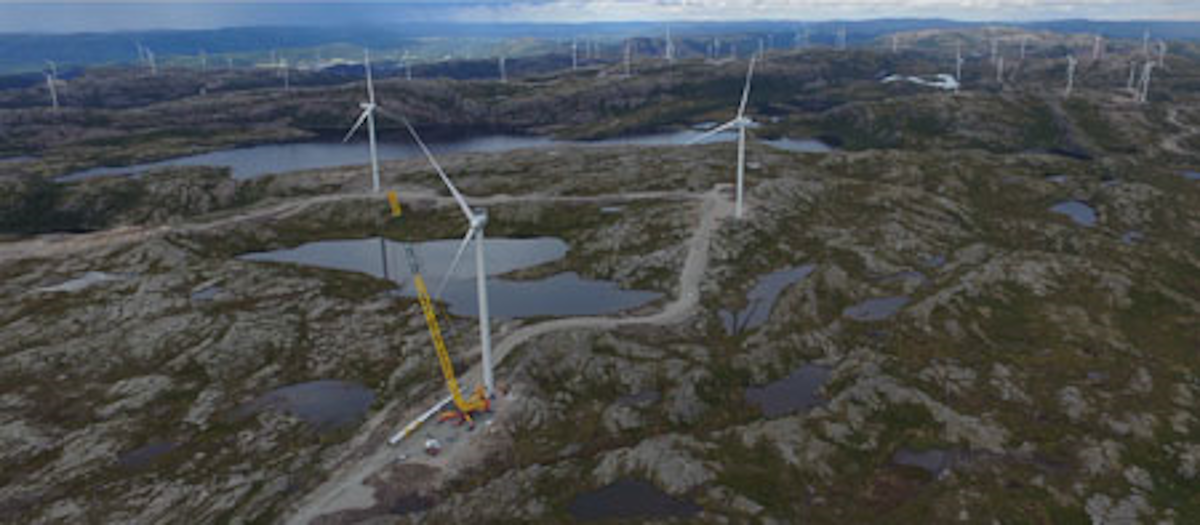Disenchanted Modernities: Mega-Infrastructure Projects and the Drama of the Grabbed Commons
Tobias Haller, Bern University Institute for Anthropology
18 September at 13.00-14.30
Institute of Development Studies, Room 221
Hosted by the IDS Resource Politics research cluster and the Centre for Future Natures
Listen to the recording
An audio-only version of this talk is available on our YouTube channel – listen via the embedded link below.
About this event
Mega-Infrastructure Projects (MIPs) represent a central element of globalized development. MIPs like the Chinese driven ‘Belt and Road Initiative’ (BRI) include large-scale agrarian, road, rail, port and energy networks. They are complex ventures involving international capital and multiple stakeholders.
In this talk, Tobias Haller will discuss the new book ‘Disenchanted Modernities’. The book presents 16 case studies showing that the promise of a sustainable modern development by MIPs leave many local users disenchanted.
On the one hand, they lose access to their resources often held in common. On the other hand, many MIPs fail to have the desired outcome as development projects and can be seen as ‘Anti Politics Machines’ (Ferguson), because new work and livelihood opportunities for local communities often do not materialize.
Despite these failures, large-scale solar-, wind- and biofuel projects are praised as sustainable endeavours by operating companies and governments. Thus, by placing emphasis on material gains and technical advances providing interconnectivity for all, the current discourse on ecological energy production and sustainable development provides further legitimacy for MIPs.
The talk will present MIP examples from the volume edited by Tobias Haller and Samuel Weissman, covering 16 case from all over the world: from Asia (such as the Chinese driven Belt and Road initiative), from the African continent (such as the LAPSSET (Lamu Port-South Sudan-Ethiopia-Transport Corridor, Kenya), SAGCOT (Southern Agricultural Growth Corridor of Tanzania) and large scale solar projects in Egypt and dams in Namibia), Americas (such as dams in Ecuador, large-scale agro-projects in Bolivia and South Dakota Pipeline in the USA) as well as Europe (wind parks in Norway, pipelines in Italy and highways in Switzerland).
The book thus provides empirical foundations for the modernity discourse of MIPs as well as the conditions leading to disenchantments and the basis for local responses – ranging from ‘weapons of the weak’ (Scott) to ‘politics machines’ – in order to resist and to provide alternatives.
The book is the result of a collaboration with mostly researchers from the Institute of Social Anthropology at the University of Bern but also researchers from the Centre of Development and Environment (CDE, Uni Bern) and researchers from the Universities of Wageningen and Oxford.
Publishing details
Book: Disenchanted Modernities
by Tobias Haller and Samuel Weissman
LIT Verlag, 2024
